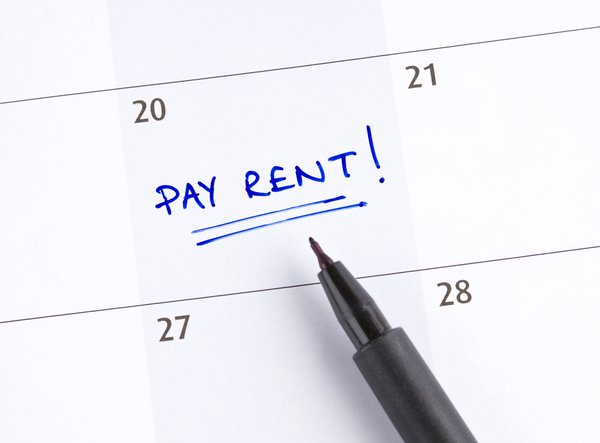There's been a lot of talk and speculation in the news lately about the forecast of our monetary system in the United States. One expert says we will see high inflation and the next says it will be deflationary and yet another says stagflation. While no one can know for certain what the future will bring, for educated real estate investors, it's wise to understand how real estate inflation works, how a high inflation market can impact your assets or debt, and the best way to hedge inflation.

Over the past 10 years, the average rate of inflation in the United States was 1.8%. This has been the average over the last decade, but many experts are now calling for higher than normal rates of future inflation due to the impacts of COVID-19 on the economy. Shuttered businesses, people out of work, and large injections of stimulus money from the federal government have set the stage for an unprecedented scenario. Whether the United States sees near-normal rates of inflation or abnormally high ones resulting from these distortions in the normal economy is still to be seen. Regardless of the current economics, there are things real estate investors can do for inflation hedge so their real estate portfolio thrives under these conditions.
What is inflation?
Inflation is an average increase in the prices for a collection of goods and services in a given economy over a set period of time, usually calculated by year. Essentially, it's the decrease in the purchasing power of the dollar over time. Taking the average rate of 1.8% inflation, the $400 washing machine you bought last year will likely cost you an additional $7.20 today. While that may not seem like much, when you add costs up for all your purchases, including groceries, gas, phone bills, massages, etc. over a year, you'll have a much higher number and higher cost for goods over time. If a country experiences above-average inflation, it could have an even bigger impact. For example, Greece had inflation nearing 5% in the past decade, meaning that same $400 washing machine would cost an additional $20.
It’s important to note that inflation is not appreciation. An appreciation rate, as it relates to real estate, is the increase of a property’s value over time. With appreciation, value does not increase in relation to the currency, it increases based on demand. You can have scenarios where a home appreciates more than the inflation rate, and alternatively you can have it depreciate in an inflationary economy.
How does it affect real estate?
Probable positives during times of high inflation are rising prices for rental property rates. During high inflationary times, it can be difficult to get a mortgage. High-cost mortgage rates mean buyers have less purchasing power, so many continue to rent. This surge in demand results in increased rental rates, which is great for landlords. And while appreciation is a distinct and separate market analysis, in general, housing prices tend to rise in an inflationary economy. Real estate has intrinsic value; people need to have roofs over their heads regardless of the value of their currency. If you're able to offer favorable terms for private mortgages, you'll likely have a line out the door.
Potential negatives for a real estate investor in inflationary times is the increased cost of borrowing debt. To make sure the bank doesn't get shorted, they'll charge higher interest rates and offer fewer loans. Increased costs of building materials for new homes is another disadvantage. Between the high cost to borrow and the additional cost to build, new construction can be a very difficult investment during inflation. When pockets get tight, travel usually gets cut from the budget pretty quickly. Vacation rentals, locations that are driven by tourism, or retirement communities may not fare as well as other forms of real estate investing.
Related investing topics
Wise investments for an inflationary economy
Investing in real estate is always highly dependent on the market and location of the property. But speaking generally, the following real estate investments fare better than others in a high inflationary economy:
- Rental property, including residential, commercial, multi-unit, and single-family homes will likely have higher than normal demand and returns.
- Note investing: Banks may be offloading higher than normal quantities, which will result in less competition and lower prices.
- Real estate investment trusts (REIT) will follow the market demands and appreciation similar to that of physical real estate and can be a good way to distribute your investment across a large number of assets.
Having funds available to be able to seize an opportunity when it arises will be critical. Inflation can impact real estate investing both positively and negatively depending on what kind of investment it is, the specific market, and various other factors. For example, lower note prices may not be worth it if defaults are at an all-time high. Make sure to do your due diligence as with any sound investing, and consult with your Realtor to identify promising options for your market.























